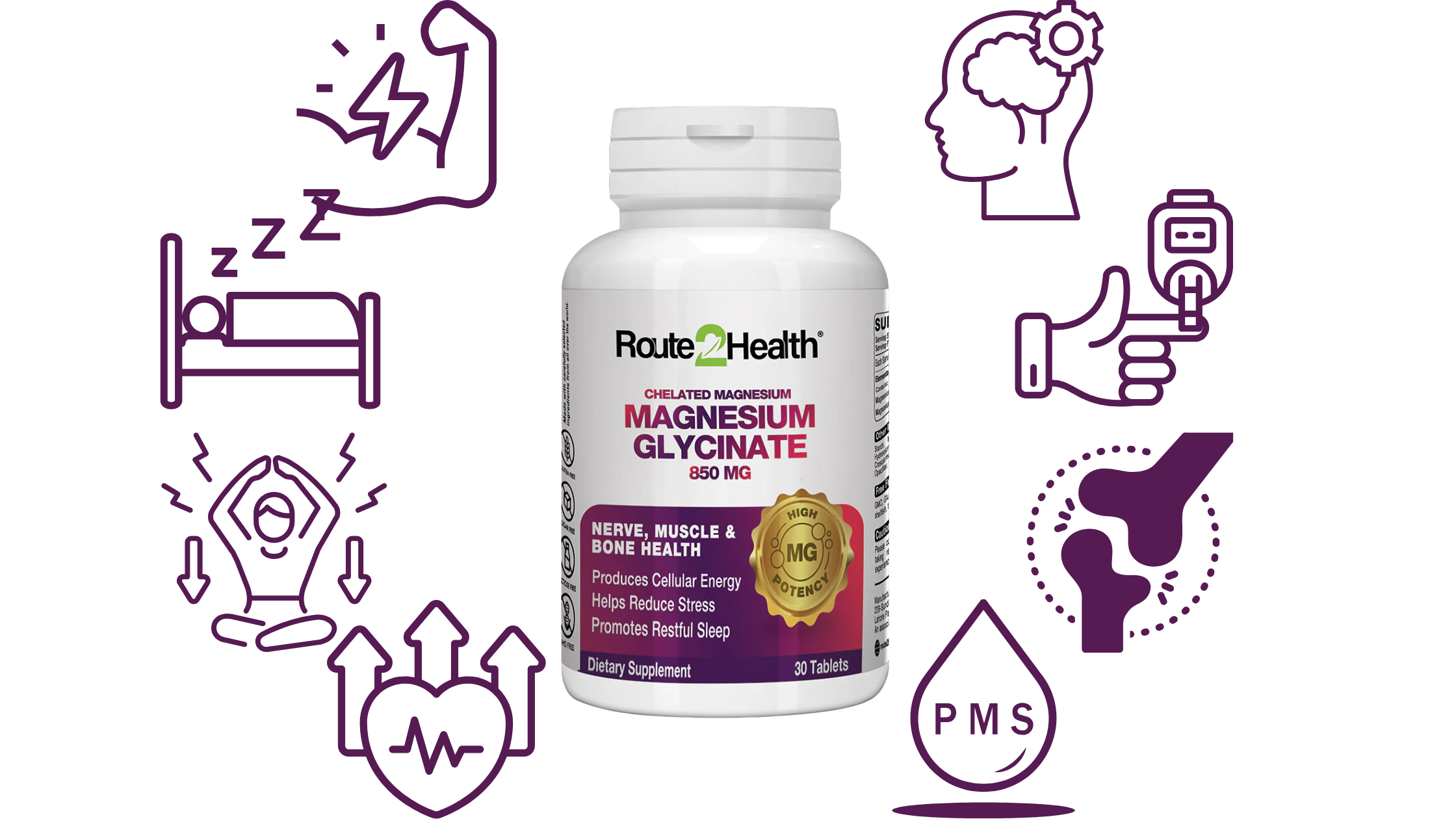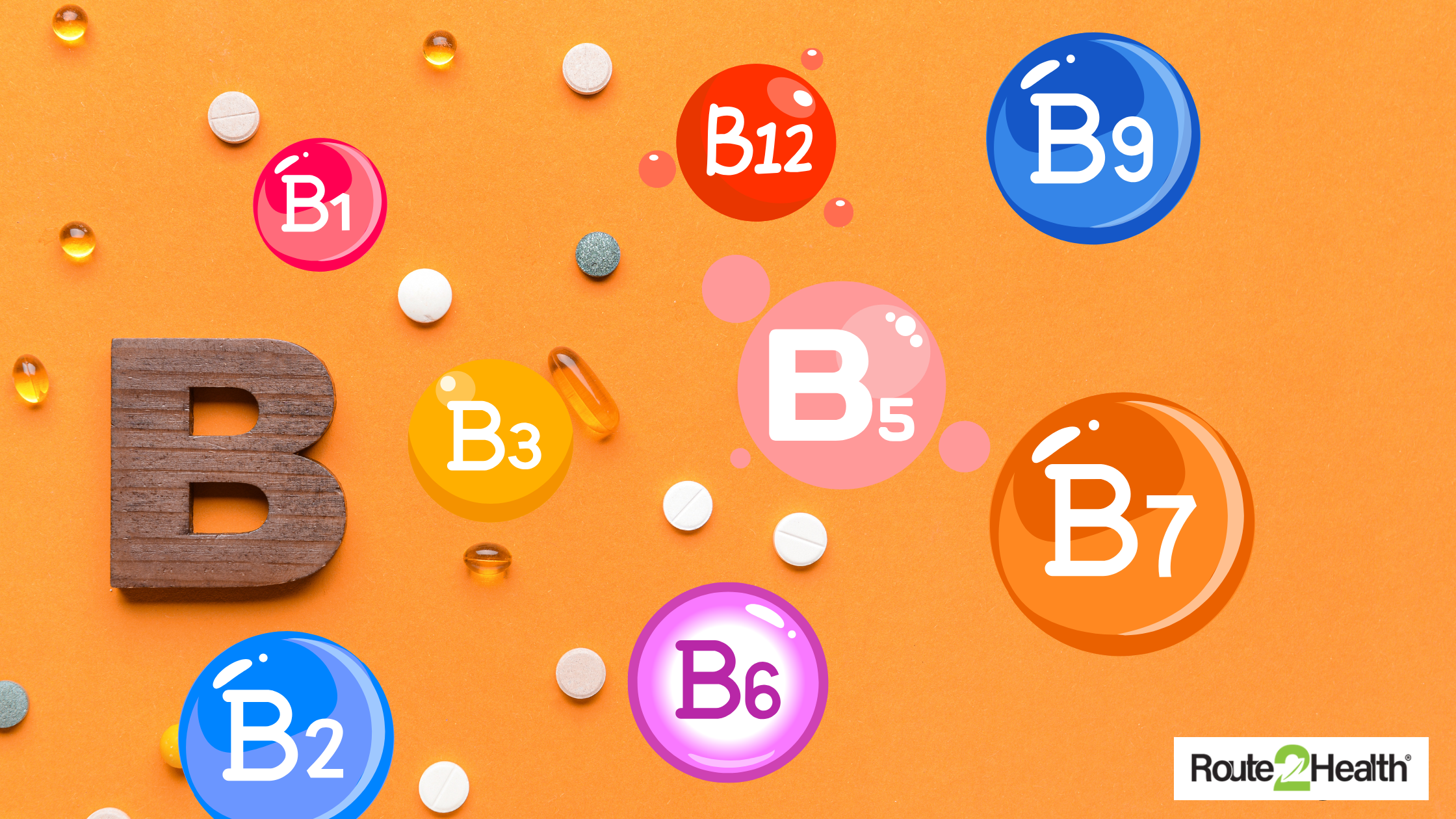
The Truth About Magnesium: Breaking Down the Hype and Its Many Forms
Move over, kale and quinoa—there’s a new wellness superstar in town, and it’s not just another fleeting fad. Magnesium has taken the health world by storm, and for good reason! Unlike kale smoothies or charcoal facemasks, magnesium has a solid scientific foundation behind it. This mighty mineral plays a crucial role in over 300 biochemical reactions in the body, from muscle function and sleep regulation to heart health and stress relief.
But here’s the catch: not all magnesium supplements are created equal. With so many forms on the market—each boasting unique benefits—how do you know which one to choose?
In this deep dive, we’ll explore the different types of magnesium, their pros and cons, and the science-backed reasons why you might need them. Whether you’re struggling with insomnia, muscle cramps, or just want to optimise your health, there’s a magnesium supplement tailored for you. Let’s break it down!
The Different Types Of Magnesium Supplements
Magnesium Citrate: The Digestion Dynamo
Magnesium citrate combines magnesium with citric acid. It’s one of the most bioavailable forms, meaning your GI tract absorbs it very efficiently. A research in the Magnesium Research journal comparing magnesium citrate, oxide, and chelate reported that citrate had superior absorption rates.
Pros
- High absorption aids in addressing deficiencies.
- Gentle laxative effect, useful for constipation, and is used pre-colonoscopy
- May support bone health through enhanced mineral uptake.
Cons
- Dosage must be controlled—too much leads to diarrhoea.
- The laxative effect might not be desirable for everyone.
Magnesium Oxide: The Budget-Friendly Option
A simple magnesium–oxygen salt, magnesium oxide, contains a high percentage of elemental magnesium (~60%) but has poor absorption. Studies consistently show that magnesium oxide is significantly less absorbed than citrate and chelates.
Pros
- Inexpensive and common in supplements.
- Useful as an OTC laxative or antacid.
Cons
- Low systemic absorption—so not ideal for boosting magnesium status.
- Can cause gastric upset or diarrhoea if overdosed.
Magnesium Chloride: The Topical Option
Magnesium chloride is a salt that dissolves easily in water and is absorbed efficiently by the body. Magnesium chloride has been found to have better absorption compared to other forms, making it effective for correcting magnesium deficiency.
Pros
- Highly bioavailable.
- Suitable for both oral and topical use.
- May support digestion if ingested and muscle function if applied topically.
Cons
- Can have a strong, bitter taste in liquid form.
- Limited evidence on the effectiveness of topical applications.
Magnesium Lactate: Gentle On The Tummy
This form combines magnesium with lactic acid and is known for its gentle effect on the digestive system. A clinical study by Lindberg et al. found magnesium lactate to be well-tolerated among patients requiring large daily doses of magnesium.
Pros
- Well tolerated even at high doses.
- Suitable for individuals with sensitive stomachs.
Cons
- Not as widely available as other forms.
- More research is needed on long-term use.
Magnesium Malate: The Energy Booster
This type combines magnesium with malic acid, a compound found in many fruits. It supports ATP production. Research suggests that magnesium malate may help relieve pain in fibromyalgia patients.
Pros
- High absorption and bioavailability.
- May reduce muscle pain and fatigue.
- Often recommended for people with fibromyalgia and chronic fatigue.
Cons
- Can be mildly stimulating—avoid before bedtime.
- Needs more large-scale studies to confirm benefits.
Magnesium Taurate: The One For Your Heart
Magnesium taurate combines magnesium with taurine, an amino acid important for cardiovascular health. Animal research has shown that magnesium taurate may lower blood pressure and support heart health.
Pros
- May help regulate blood pressure.
- Supports heart rhythm and vascular health.
Cons
- Not widely available.
- Most studies have been conducted on animals.
Magnesium Glycinate (Bisglycinate): To Calm You Down
This form is a chelated compound of magnesium and glycine, an amino acid known for its calming effects. Studies indicate that magnesium glycinate can be effective for sleep disorders and anxiety due to its calming effect on the nervous system.
Pros
- Excellent absorption.
- Gentle on the stomach.
- Supports sleep, relaxation, and mood balance.
Cons
- May be mildly sedating for some individuals.
- Higher cost compared to standard forms/
Magnesium Sulfate: A Mainstay in Hospitals
This form is commonly used in bath soaks to relieve muscle aches and is also administered medically via IV for conditions like pre-eclampsia. Magnesium sulfate remains a mainstay in hospital settings but has limited oral use due to its strong laxative effect.
Pros
- Effective for constipation when taken orally (under medical supervision).
- Commonly used for muscle relaxation via baths.
Cons
- Oral use can cause intense diarrhoea.
- Limited evidence for absorption through skin.
Conclusion: Which Magnesium Is Right for You?
While magnesium is often lumped into one category, the form you choose can make a significant difference in how your body responds. Whether you’re dealing with stress, sleep issues, muscle cramps, or cognitive decline, there's a specific type of magnesium that suits your needs.
For overall wellness—especially for improving sleep, reducing stress, and easing muscle tension—Magnesium Glycinate stands out as one of the best choices. Its high absorption and gentle impact on the stomach make it ideal for daily use. If you’re looking for a trusted magnesium supplement, try Magnesium Glycinate 850 mg by Route2Health. This high-quality formula offers excellent absorption and is ideal for calming the nervous system, improving sleep quality, and supporting overall health.
FAQs
1. Is magnesium safe to take every day?
Yes, magnesium is safe for daily use when taken within recommended limits (up to 350 mg/day of elemental magnesium from supplements).
2. What’s the best time to take magnesium?
Magnesium can be taken at any time, but taking it in the evening may help improve sleep quality—especially in the form of magnesium glycinate.
3. Can magnesium help with anxiety?
Yes. Research shows that magnesium, particularly glycinate and citrate forms, may reduce symptoms of anxiety by regulating neurotransmitters like GABA.
4. Which magnesium form is best for sleep?
Magnesium glycinate is considered one of the best forms for promoting restful sleep due to its calming effects.
5. Will magnesium help with constipation?
Yes, forms like magnesium citrate, oxide, and sulfate are known to have laxative effects and can relieve occasional constipation.























































